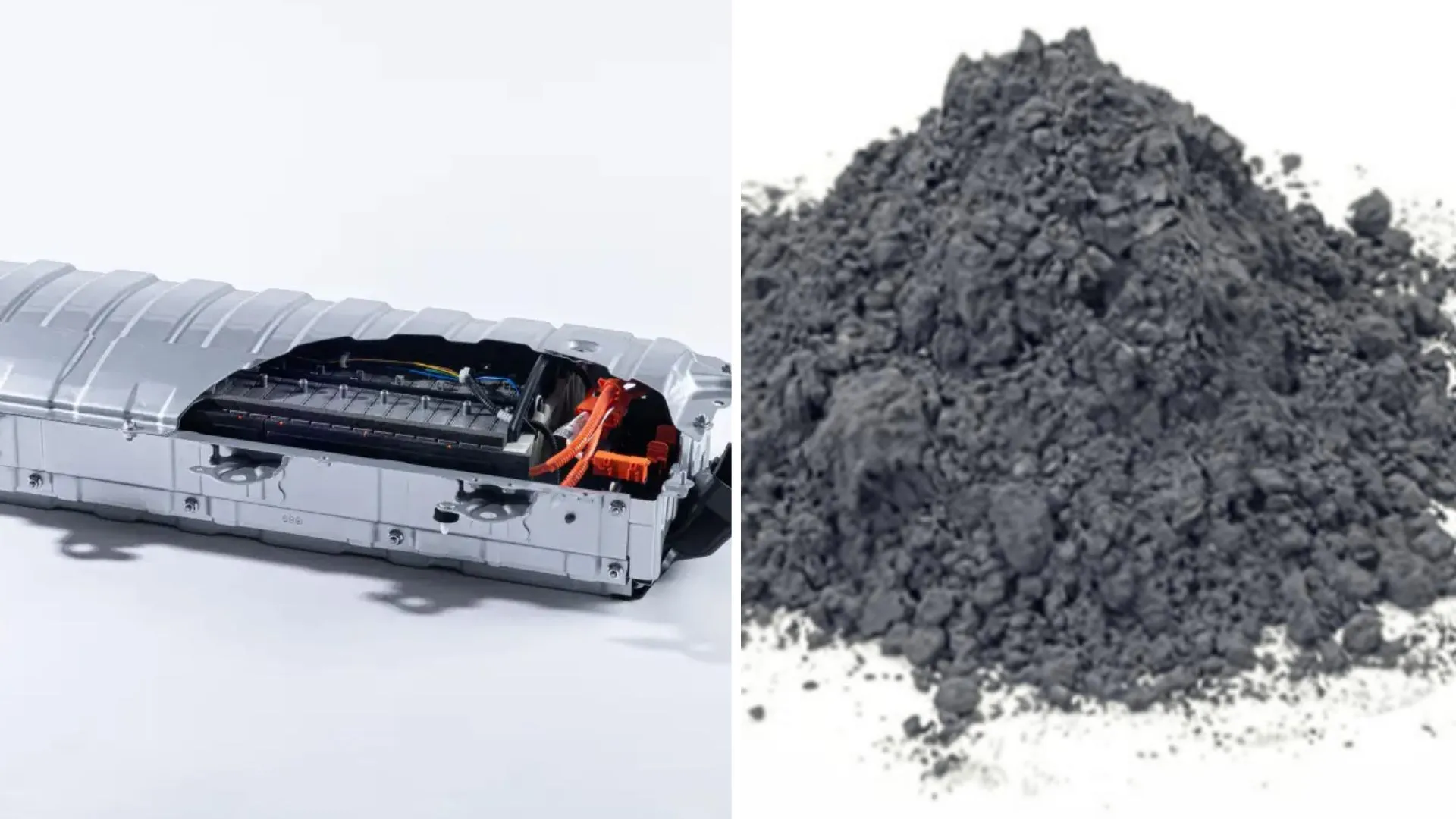
Toyota Motor Corporation has announced a major advance in the race to develop all-solid-state batteries, a technology many experts call the “holy grail” of electric vehicles (EVs).
The company revealed on Wednesday that it has partnered with Sumitomo Metal Mining Co. to mass produce cathode materials for these next-generation batteries.
The automaker aims to launch its first all-solid-state battery-powered EV as early as 2027, potentially transforming the global EV landscape.
Both Toyota and Sumitomo said they have made progress in developing key cathode materials that could enable solid-state batteries to outperform today’s lithium-ion batteries.
“We aim to achieve the world’s first practical use of all-solid-state batteries in BEVs,” the Japanese carmaker said in its announcement.
Why solid-state batteries matter
Solid-state batteries differ from traditional lithium-ion cells by replacing the flammable liquid electrolyte with a solid one. This design could significantly improve energy density, safety, and lifespan.
The automaker stated that its new batteries would offer “smaller size, higher output, and longer life,” leading to vehicles with longer driving ranges and shorter charging times.
Solid-state versions are less prone to overheating than current EV batteries and can charge much faster. These advantages make them an appealing option for mass adoption if production challenges can be overcome.
“The new batteries could significantly enhance driving range, charging times, and output,” the mobility leader added, highlighting the company’s belief that the technology could reshape the future of automobiles.
Sumitomo’s role and Japan’s production ambitions
Toyota and Sumitomo have been jointly developing cathode materials for solid-state batteries since 2021. Their research has focused on solving long-standing challenges such as cathode degradation during repeated charging and discharging cycles.
Using Sumitomo’s proprietary powder synthesis technology, the companies claim to have developed a “highly durable cathode material.”
A Sumitomo spokesperson said, “We will prioritize supplying Toyota, then respond flexibly to market demand.” The company plans to start mass production of the new materials as early as Japan’s 2028 fiscal year.
This effort is part of Japan’s broader strategy to secure its domestic EV battery supply chain and reduce reliance on China and South Korea. Several Japanese firms, including Toyota, are investing around $7 billion (1 trillion yen) in local battery production. The government has also granted Toyota a METI certification to manufacture the new batteries in Japan.
Partnerships and the road ahead
Toyota’s push for all-solid-state EVs involves multiple partnerships across industries. In addition to Sumitomo, the company is collaborating with oil refiner Idemitsu Kosan. Idemitsu is developing lithium sulfide, a key raw material used in these batteries.
The petroleum company has announced plans to build a large-scale plant capable of producing 1,000 metric tons of lithium sulfide annually. It is targeting mass production by 2027.
While the carmaker’s progress marks a major step forward, experts note that mass adoption of solid-state batteries will still take time.
The delay is due to challenges in raw material sourcing, complex manufacturing, and high costs. Yet, its latest announcement signals strong momentum toward commercialization.